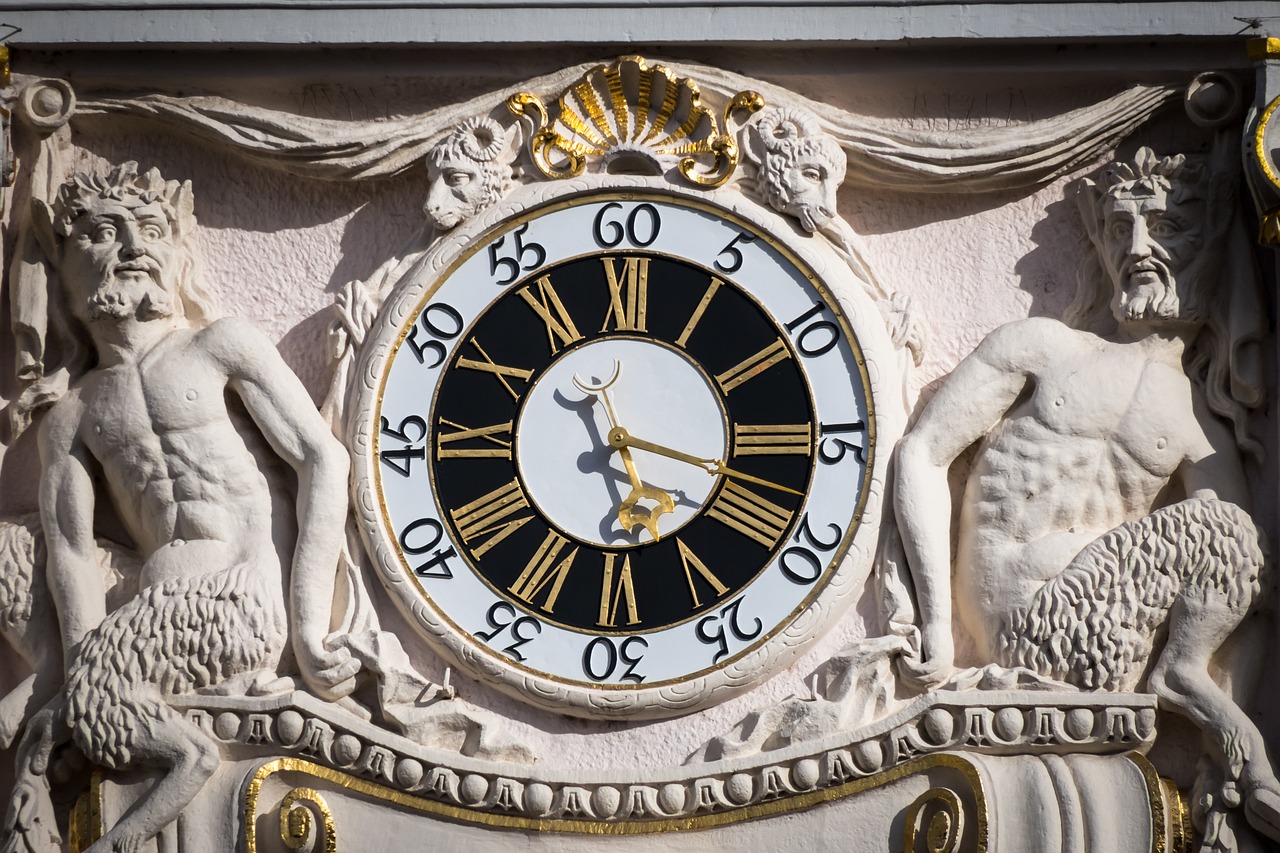In ancient Roman mythology, Faunus, the horned deity associated with forests, meadows, and farmland, also went by the name Inuus, particularly when involved in cattle fertility. Over time, he became likened to the Greek god Pan within literary contexts. Considered one of the earliest di indigetes, Faunus was viewed as a mythological king of the Latins, as depicted by the epic poet Virgil. His spirit was thought to possess prophetic abilities, referred to as Fatuus, and delivered oracles at significant locations such as the Aventine Hill, the sacred Tibur woods, and near the Albunea spring in ancient Rome. The responses from the oracles, according to Marcus Terentius Varro, were presented in poetic form written in Saturnian verse.
Individuals who sought solace in Faunus’s groves by sleeping on the fleece of sacrificed lambs often claimed to receive prophetic dreams or messages. Some scholars, like W. Warde Fowler, equate Faunus with a Roman wind god named Favonius, drawing parallels with the Anemoi of Greek tradition.
As the lore goes, Faunus was a heralded ancient ruler of Latium, fathering Latinus with the nymph Marica—who sometimes was also described as his mother—making him a descendant of Picus and grandson of the deity Saturn. His significant contributions to agriculture and livestock led to his reverence as a guardian deity of the land following his demise. Two goddesses, Fauna and Fatua, linked to his worship, were often considered as either his sister, wife, or even daughter. Fauna was frequently compared to the goddess Bona Dea, reflecting the overlap in their divine attributes.
Intriguingly, the Indo-European deity Faunus may draw ancestry from the Vedic god Rudra, illustrating his initial reverence among the early Roman agrarians. With the increasing influence of Greek mythology from the third century BC onward, Roman deities, including Faunus, were often associated with their Greek counterparts—a practice known as interpretatio romana. This naturally led to a connection between Faunus and Pan, the pastoral god believed to dwell in Arcadia, renowned for being depicted with horns. Despite this resemblance, many maintained that Faunus and Pan were distinct entities; Virgil himself mentioned each separately in his works such as the Aeneid.
Faunus was celebrated in two annual festivals called Faunalia; one took place on February 13 at his temple located on the Tiber island, while the other, held on December 5, involved peasants presenting him small offerings and partaking in joyous dancing.



